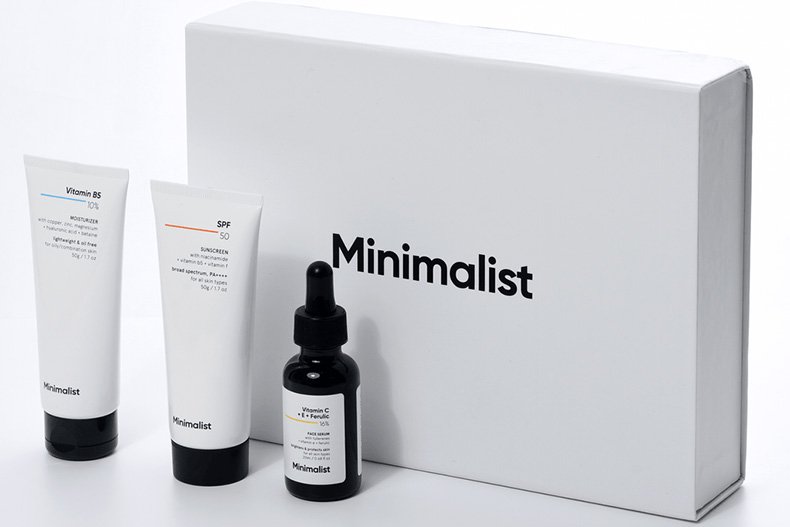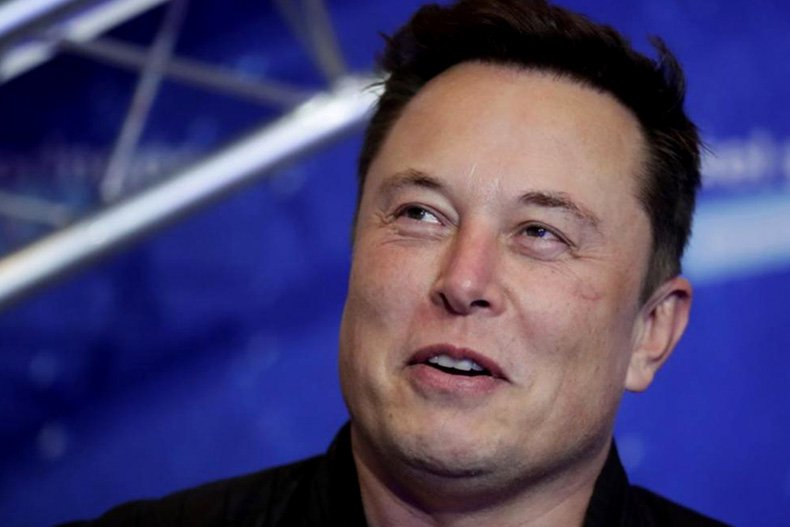Minimalist’s worth will increase from ₹630 cr to ₹3,000 cr in about three years if the acquisition is finalized. One of the largest transactions in the direct-to-consumer (D2C) industry in recent memory will be this one.
Minimalist reported ₹350 cr in revenue for the fiscal year that concluded on March 31, 2024. Compared to the ₹184 cr recorded the year before, this is a gain of about 89%. The report claims that Minimalist has made money throughout the last four years.
Minimalist’s financial discipline has allowed it to command revenue at a nearly 10-fold multiple, which is significantly higher than the 4-6X seen in comparable D2C startup deals.
“We evaluate various strategic opportunities for the growth and expansion of our business. We will make appropriate disclosures whenever there is any material development that requires disclosure under applicable laws,”.
Neither Minimalist nor its founders, Rahul and Mohit Yadav, have responded formally. After raising ₹110 cr from Unilever Ventures, HUL’s private equity and venture capital arm, the company had been considering buying the skincare business for three years. In India and other nations, HUL is operated by a British corporation.
This development coincides with a number of FMCG heavyweights showing interest in emerging brands. Since startups can swiftly expand by utilizing the networks that big firms have access to, such collaborations help major companies acquire younger clients.
To reach younger consumers, big FMCG behemoths Marico, ITC, and Dabur have developed upstart brands like Beardo, Plix, Yogabar, and others in addition to HUL.



